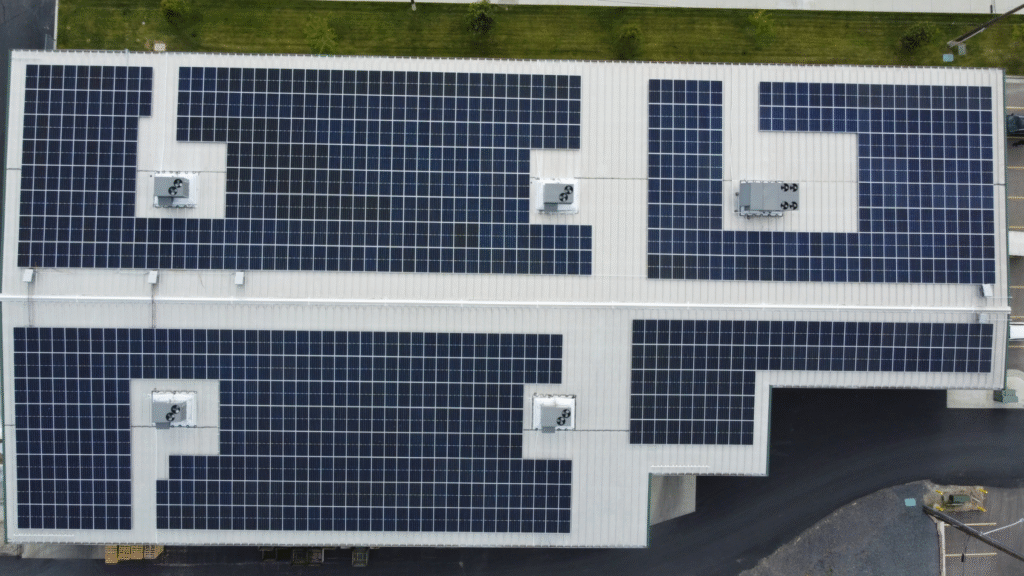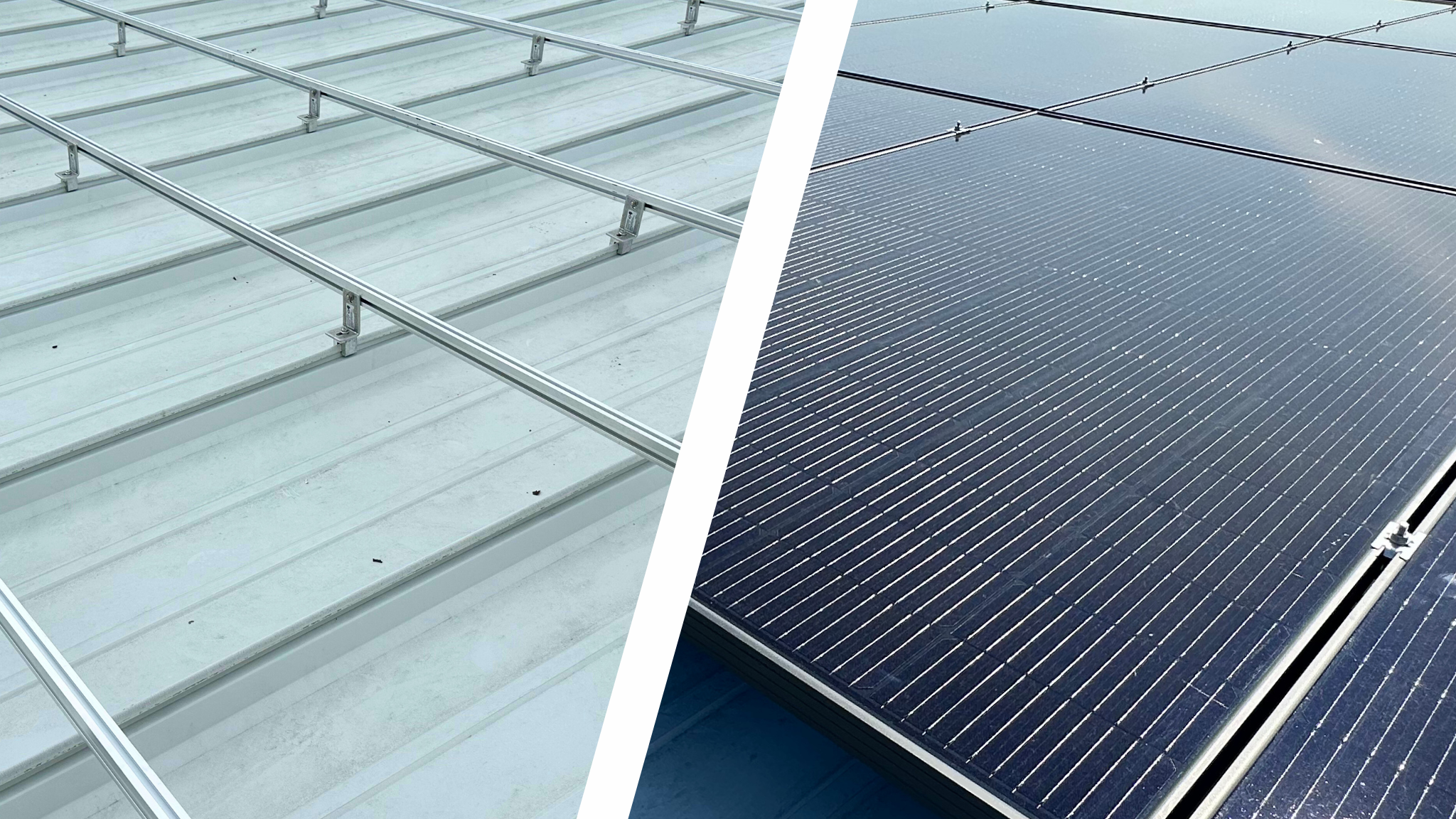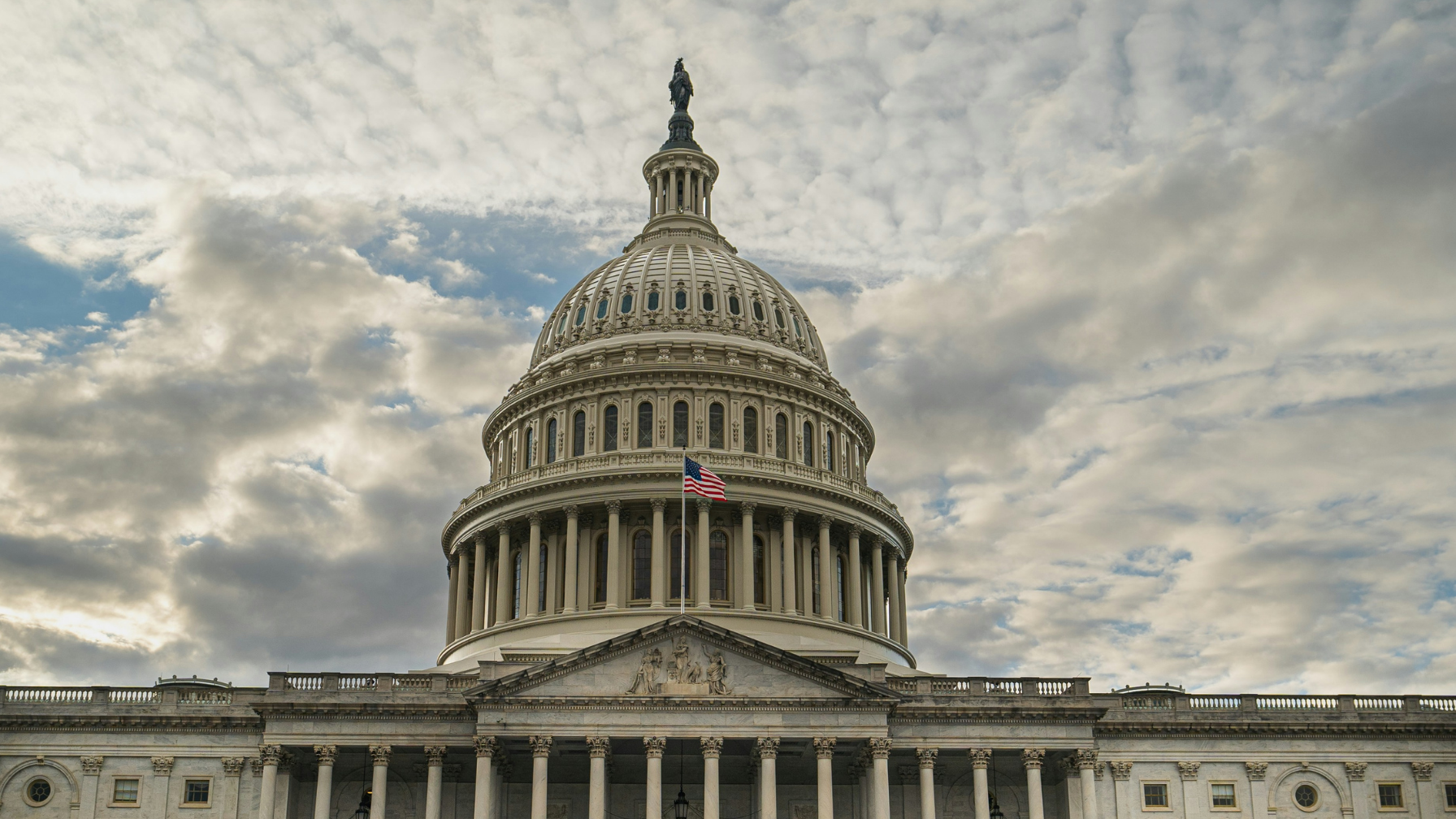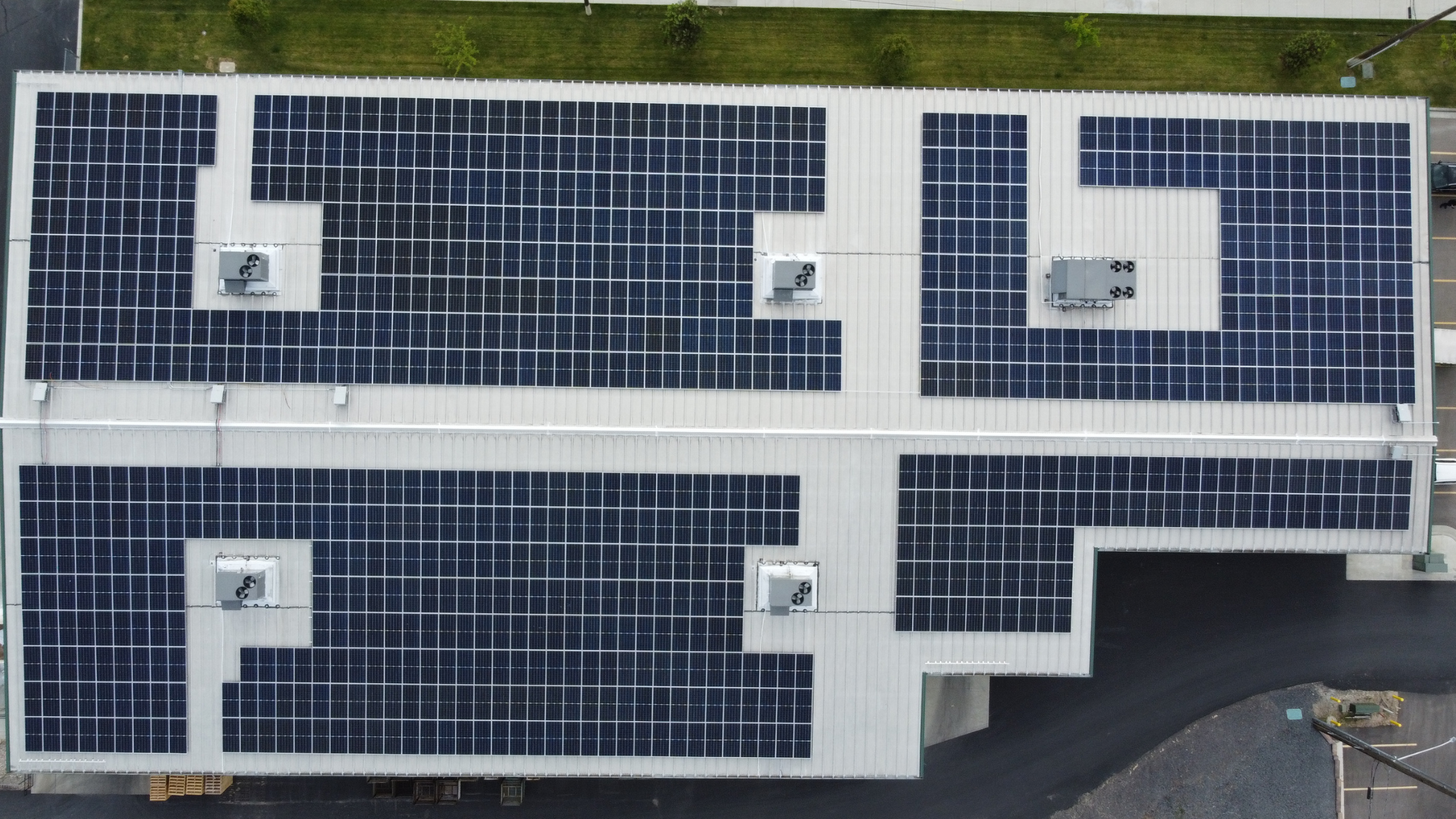Investing in solar can transform your business, cutting energy costs, increasing predictability, and advancing your sustainability goals. But not all solar companies deliver on their promises.
The right partner ensures your system performs for decades, while the wrong one can cost you time, money, and frustration.
As you compare proposals, how do you separate real expertise from sales hype? This guide shows you how to spot a qualified solar partner and make an informed, confident decision.
Start with a Smart Consultation and Detailed Proposal
A true commercial solar partner designs a solution tailored to your business. It starts with a thoughtful consultation to understand your operations, energy use, financial goals, and site potential.
Expect to share the past 12 months of utility data so the developer can size the system accurately, making sure it’s not too big or not too small.
A complete commercial solar proposal should include:
- Current Energy Profile: Historical usage, demand charges, and utility rates
- Solar Performance Forecast: Expected energy offset and cost savings
- Customized Incentives Summary: Federal Investment Tax Credit (ITC), state/local rebates, grants, and depreciation benefits
- Financial Analysis: Cash purchase, PPA, lease, and loan options with ROI, payback, and lifetime savings
- Preliminary System Design: Roof, ground, or carport layout that matches your site and energy goals
- Environmental Impact: Estimated CO₂ reduction and ESG-friendly metrics
Transparency matters. A good developer explains every line of the proposal and welcomes your questions, not rushing you to sign.
Questions You Should Always Ask Your Solar Provider
- What incentives and tax credits are available—and who claims them?
- How accurate are your savings projections? What assumptions are included?
- What happens if we move or sell the facility?
- How many similar commercial projects have you completed?
- Who handles permits, inspections, and utility approvals?
By the end of this process, you should have a roadmap that’s grounded in real data, optimized for your facility, and aligned with your financial and environmental goals.
Real-World Proof: Checking References
Promises are easy. Proof is better.
Ask for references, ideally from companies similar to yours in size or industry.
Direct conversations with past clients reveal what proposals can’t: how the developer actually performed under real project conditions.
Good Questions to Ask References
- How did the team handle permitting and utility approvals?
- Did the installation disrupt day-to-day operations?
- What has support been like since the system went live?
- Was the project delivered on time and on budget?
- How transparent and responsive was the developer throughout the project?
- How did they handle unexpected issues or delays?
- Would you work with this company again?
These insights will tell you whether the developer’s promises match their performance.
You’re not just looking for technical skill; you’re looking for a partner who communicates clearly, solves problems proactively, and supports your success long after installation.
Proven Experience: The Non-Negotiable Advantage
Experience matters in commercial solar, and it’s where engineering, financing, permitting, and design all collide.
1. Do they specialize in commercial solar or do they primarily work on residential or small-scale systems?
Commercial projects require specialized knowledge of permitting, interconnection, and a bespoke design. A residential installer likely won’t have this.
Their lack of experience ends up impacting your business operations and financial returns.
2. How long has the developer been working in commercial solar?
Experience reduces risk. Developers with years in the field have solved problems you haven’t thought of yet.
For example, Artisun Solar has focused solely on commercial solar since 2011 and completed over 850 projects, giving us the real-world expertise to manage complex jobs smoothly.
3. Are there certified engineers and designers on staff, or do they outsource critical system design work?
The quality and performance of a commercial solar system depend heavily on expert design fitted to your specific facility and energy goals. Some providers outsource this critical step, which can lead to generic designs or misaligned system sizing.
Artisun Solar uses NABCEP-certified PV professionals to create customized, accurate designs for your facility, not a generic copy and paste.
4. How well does the developer know state, federal, and utility incentives, and how versed are they in commercial financing options, such as PPAs and leases?
Knowing programs like the ITC, bonus depreciation, local grants, and energy rebates is essential to maximize your return.
For example, you may not know what safe harboring means, but your commercial solar partner should be able to tell you how and when to use it.
Artisun Solar actively guides clients to capture every available benefit, backed by real project experience.
Comparing Proposals: It’s About More Than Price
Once you’ve gathered a few proposals, it’s decision time. As you’re comparing bids and proposals, here are a few things to look for:
- Clarity and Completeness: Does the proposal clearly explain the design, equipment, timeline, and assumptions? Or are you left guessing what’s included?
- Financial Transparency: Are incentives, tax credits, and grants broken down clearly? Can you easily see the projected savings, ROI, and payback period?
- Customization: Is the system designed specifically for your facility and goals, or does it feel cookie-cutter?
- Responsiveness and Communication: Has the provider taken the time to answer your questions, or are they simply pushing a sale?
- Warranty and Post-Installation Support: Is there a clear explanation of equipment, workmanship, and performance warranties? What kind of maintenance, monitoring, and support is offered after the system goes live?
- Permitting and Utility Coordination: Does the proposal outline who is responsible for securing permits and managing utility approvals? A quality provider will handle these complexities without burdening your team.
A comprehensive proposal will show that the solar commercial developer understands your business, did their homework, and is willing to earn your trust. The winning proposal may not even be the lowest bid, but it’ll be one that comes with a greater peace of mind.
Take it from Champion Precast, a company that went through this exact process:
“I called 5–6 companies, got some bids, and Artisun Solar was the most detailed on their bid. They showed ROI, tax savings, rebates, grants—so on and so forth. In talking with Kirk (Artisun Solar Owner), he explained it extremely well. They weren’t the cheapest, but we went with them. We felt their response to our questions and teaching us along the way was better than anyone else we spoke with.”
That kind of feedback speaks volumes.
Champion Precast didn’t just choose based on cost. They chose based on clarity, service, and confidence in the team. And that’s exactly how you should evaluate your options.
The Right Solar Partner: Built for the Long Haul
Solar is a 25+ year commitment, and your relationship with your provider should reflect that.
The right solar company will guide you from design to financing to installation and stand behind the system with long-term service and support.
At Artisun Solar, we install more solar projects. We build energy partnerships that reduce costs, create certainty in an uncertain world, and support your business for decades to come.
Let’s start the conversion. See what solar can do for your business and take the first step to controlling your energy future.





